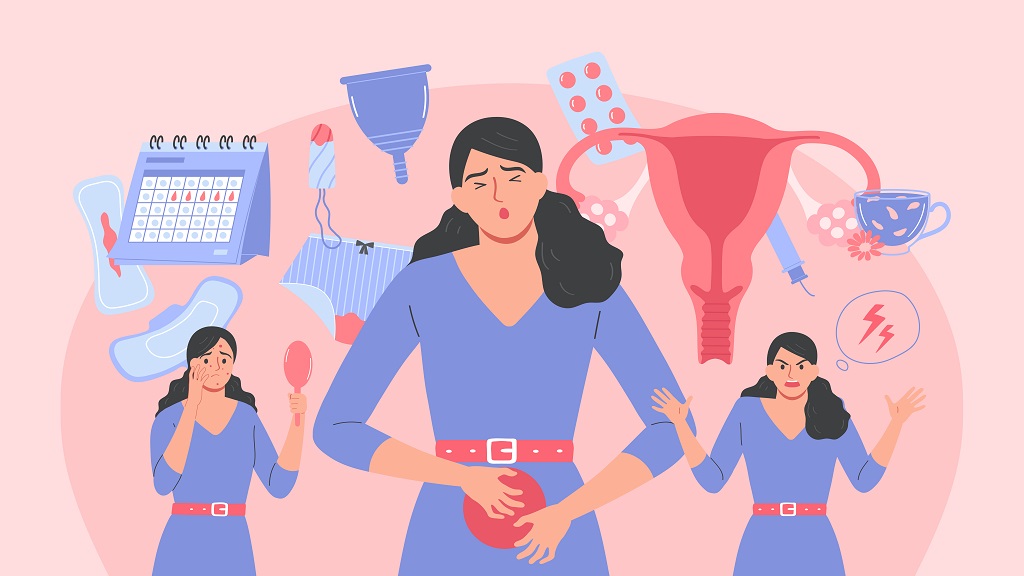Fibroid surgery: What to expect
fibroid surgery is a type of surgery that is used to remove a fibroid.
fibroids are small, benign (noncancerous) tumors that form in the wall of the uterus.
fibroid surgery is one of the most common surgeries performed in the United States.
it is also one of the most successful surgeries.
1. What is a fibroid and what does it do?
a fibroid is a mass or lump that can form in any part of the body.
they are most commonly found in females between the ages of 25 and 40, but can also form in males and even young children.
fibroid growths can affect any part of the body,
but are most commonly found in the lower part of the uterus,
the ovaries, and the lower part of the bowel.
fibroid growths can cause pain, heavy periods, and pain during sex.
they can also cause infertility, and can often lead to other health problems, such as heart disease,
high blood pressure, and type 2 diabetes.
the most common treatment for fibroid growths is surgery.
2. Types of fibroid surgery
There are two types of treatment for fibroid in uterus: open surgery and laparoscopic surgery.
Open surgery is the most common type of surgery, and it is usually done through a large incision in the abdomen.
during open surgery, the surgeon removes the fibroid tumor and any attached blood vessels and then sutures the wound closed.
laparoscopic surgery is a newer type of surgery that is done through small incisions in the lower abdomen.
this type of surgery is often preferred by women who have a higher risk of complications from open surgery,
such as serious infection.
both open and laparoscopic surgery can be done using general or local anesthesia,
and most patients are able to go home the same day.
however, some patients may need to stay in the hospital overnight for observation.
3. What to expect during and after fibroid surgery
Fibroid surgery : treatment for fibroid in uterus is a very common surgery that is used to treat various conditions.
the surgery is typically done on an outpatient basis and is considered to be a safe and effective procedure.
here are some of the most common benefits of fibroid surgery:
1. Reduced symptoms.
fibroid surgery is often able to reduce or eliminate the symptoms associated with the condition,
such as heavy periods, pain during sex, and pelvic pain.
2. Improved quality of life. After fibroid surgery, many women report a significant improvement in their quality of life,
including improved mood, decreased stress, and reduced pain.
3. Improved fertility. Fibroid surgery is often able to improve fertility in women who are struggling to conceive.
4. Reduced risk of cancer.
5. Reduced risk of miscarriage.
fibroid surgery is often able to reduce the risk of miscarriage in women who are struggling to conceive.
6. Reduced risk of future surgery. Fibroid surgery is often able to reduce the need for future surgery,
such as hysterectomy or surgery to remove the fibroid.
7. Reduced risk of chronic pain. fibroid surgery is often able to reduce the risk of chronic pain,
including chronic menstrual cramps, lower back pain, and fibromyalgia pain.
8. Improved quality of sleep. After fibroid surgery, many women report improved quality of sleep,
including better sleep duration and improved sleep quality.
9. Improved mood. After fibroid surgery, many women report an improved mood,
including decreased anxiety and depression.
10. Improved physical fitness. After fibroid surgery, many women report an improved level of physical fitness,
including improved strength and endurance.
If you are considering fibroid surgery,
it is important to discuss your individual situation with a doctor to determine if the surgery is the best option for you.
Read also : treatment of crohn’s disease
4. Recovery after fibroid surgery
Recovery after fibroid surgery can be a long and arduous process, but with the right preparation and care,
you can make a speedy and full recovery.
here are the key points to keep in mind during your recovery:
Rest: Your body has just undergone a major surgery, so rest is incredibly important to help your body heal properly.
make sure to follow the doctor’s instructions carefully when it comes to bedtime and waking up times.
eating: Eating a balanced diet is essential after surgery.
avoid eating large meals close to the surgery, and make sure to include plenty of protein,
healthy fats, and fiber in your diet.
drink : Keeping hydrated is key during and after surgery.
drink plenty of water, juice, or iced tea.
avoid alcohol and caffeine, which can further contribute to dehydration.
exercise: taking regular walks, doing gentle yoga, and using a stationary bike can all help to improve your overall recovery.
5. Side effects of fibroid surgery
There are a few potential side effects of fibroid surgery. Some of these side effects are minor and may go away on their own,
while others may require medication or surgery to correct.
Side effects can vary depending on the type of fibroid surgery you have and the size of the fibroid.
however,
some common side effects of fibroid surgery include:
Nausea
Vomiting
Abdominal pain
Fatigue
Mood changes
Pelvic pain
treatment for fibroid in uterus : these side effects typically go away after the surgery is complete.
however, if you experience any of these side effects during or after the surgery,
please contact your doctor.
if you’re considering fibroid surgery,
it’s important to talk to your doctor about the possible side effects and how they might be resolved.
We hope you enjoyed our blog post about fibroid surgery.
this is a highly-requested topic,
in this post, we discuss the different types of fibroid surgery,
we hope that this post has helped you make a decision about whether or not fibroid surgery is right for you.
thank you for reading, and we look forward to helping you through your surgery journey!
——————————

